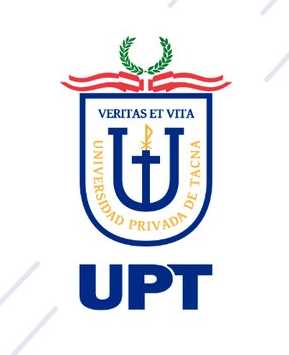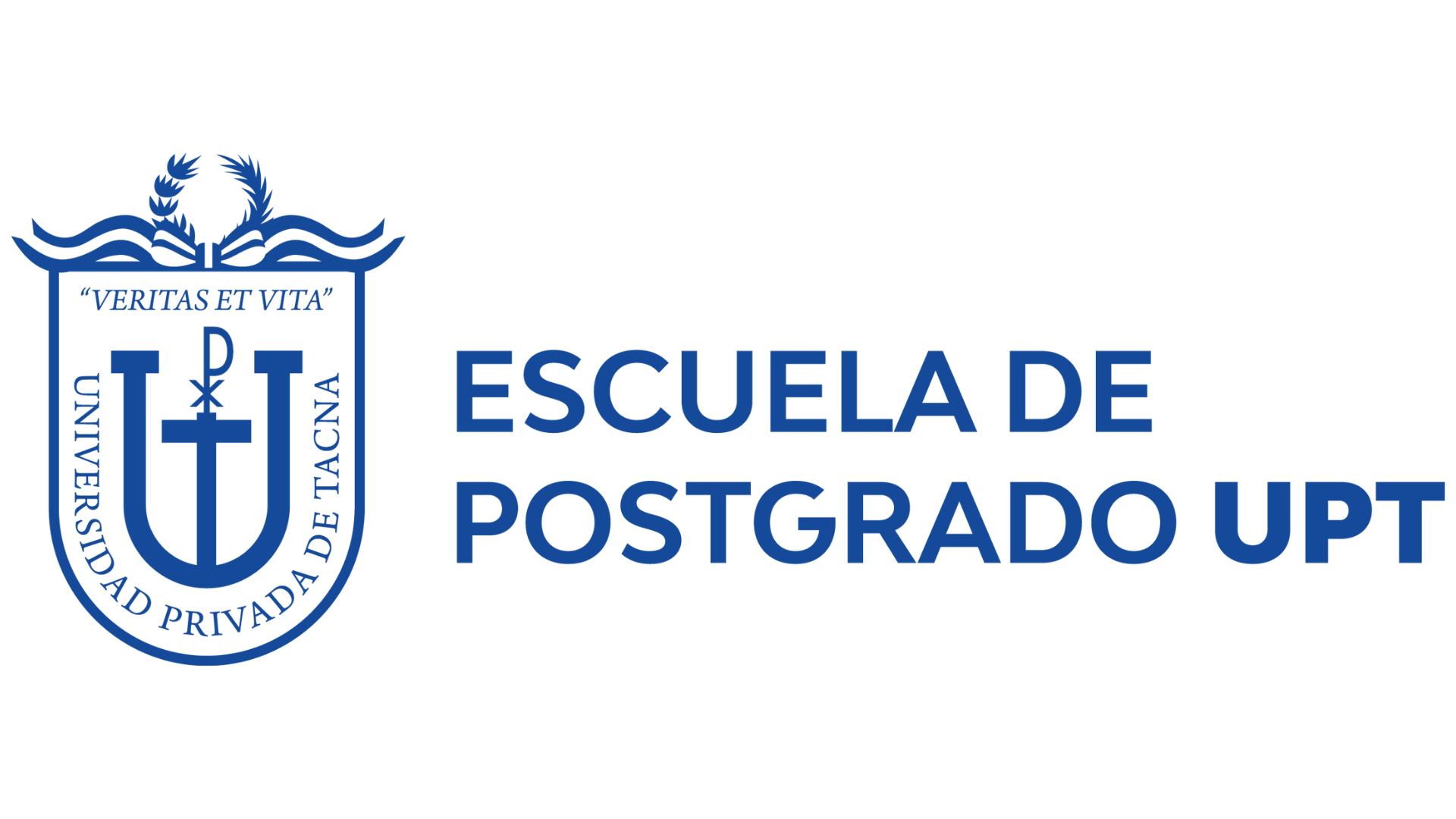Neoliberalism, Health, and Indigenous Peoples in Peru: Content Analysis of the Intercultural Health Sector Policy (PSSI)
DOI:
https://doi.org/10.47796/ves.v12i02.874Keywords:
Public Health Policies, Neoliberal Multiculturalism, Hegemony/Subalternity, InterculturalityAbstract
This article provides a content analysis of the Sectoral Policy for Intercultural Health (SPPI) approved in 2016, considered the most relevant tool in intercultural health in present-day Peru. It examines this policy as an act of recognition situated within the framework of neoliberal multiculturalism, which, while acknowledging cultural diversities, does so within the confines of dominance over diversity. This theoretical-political perspective emphasizes an excessive focus on cultural difference at the expense of other aspects, such as social structures conditioning the health of indigenous peoples in Peru. Finally, the results are presented, revealing the ideological guidelines that shape the policy, highlighting its lack of historical context, the dominance of the biomedical view, and its imaginary conception of horizontality within a context of power relations.
Downloads
Downloads
Published
How to Cite
Issue
Section
License
Copyright (c) 2024 Marycielo Sharon Hidalgo Lazo

This work is licensed under a Creative Commons Attribution 4.0 International License.













